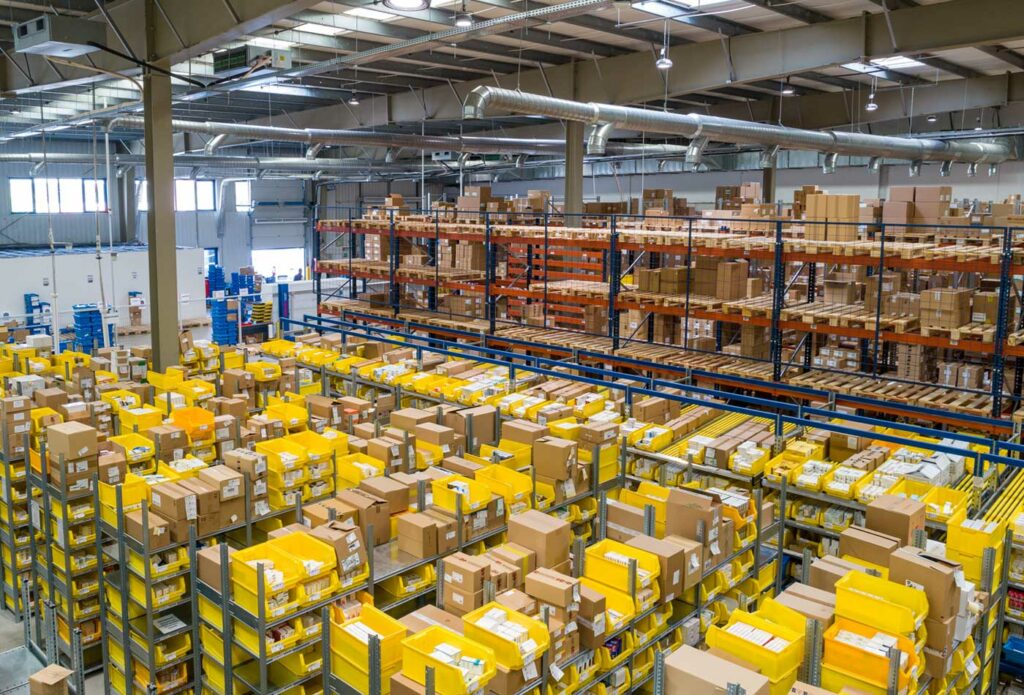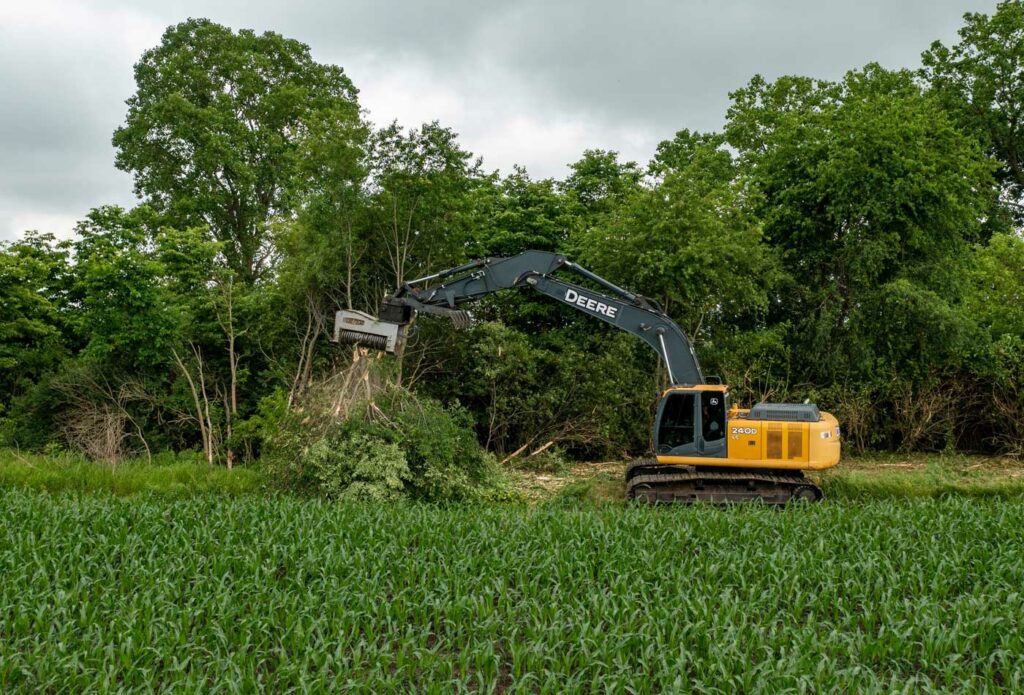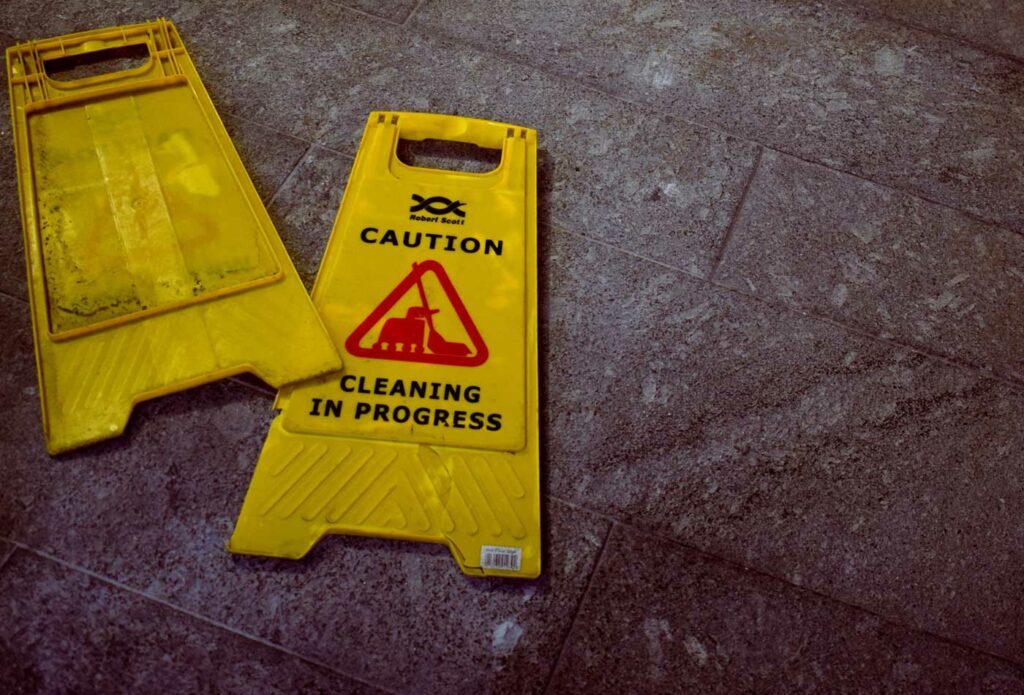Unforeseen accidents and unexpected incidents can strike any moment, causing irreparable damage to your business and third parties. Whether you run a small artisanal bakery or a one-van delivery firm, the risk of causing harm to others or damaging their property is an ever-present reality, which is why public liability insurance is vital for every small business.
Lawsuits and compensation claims are so commonplace today that understanding public liability insurance isn’t just prudent – it’s imperative. From protecting your financial stability to preserving your business’s hard-earned reputation, public liability coverage plays a pivotal role in safeguarding your business’s future.
This article explores the ins and outs of small business public liability insurance: what it is, how it works, what it does and doesn’t cover, and who needs it. We also explore its significance for different types of businesses and the peace of mind it offers.
So, let’s begin our exploration of this indispensable tool that can shield your business from the unexpected and keep it thriving, even when the worst happens.
What is public liability insurance?
Small business public liability insurance provides financial protection when a business injures a third party or damages its property. The financial protection includes the cost of legal claims and compensation paid to third parties that arise from any injury or damage.
It’s important not to confuse small business public liability insurance with public indemnity insurance for small businesses. It covers you if you cost another business money by making a mistake or through negligence.
Public liability insurance is important for several reasons, primarily because it provides financial protection and peace of mind to businesses and sole traders in many situations. Accidents happen, after all, and when they do, you need to know that your business and finances won’t go down the drain because of one mistake.
In some cases, public liability insurance may be required by law or by contract. For example, contractors may be required to have liability insurance before a client will let them work on a large commercial construction project.
Businesses and sole traders can customise their insurance policy to suit their needs. This may include adding coverage for specific risks or adjusting coverage limits for certain high-risk areas. For instance, a freight company might need additional coverage for a fleet of vehicles or warehouse space or to insure goods while in transit.
It’s important to note that small business public liability insurance policies may have certain exclusions, such as intentionally harmful acts or claims related to professional negligence. It’s essential to read and understand a policy’s terms and conditions before you sign on the dotted line.

Do small businesses need public liability insurance?
Yes, they certainly do. Most small businesses would benefit significantly from public liability insurance and, in many cases, must have it. Here are some reasons why small businesses should consider obtaining public liability insurance if they don’t have it already.
Financial protection: Small businesses may lack the financial resources to handle the heavy costs associated with a liability claim, such as legal fees, court settlements, or compensation to injured third parties. Public liability insurance for small businesses provides a safety net to cover these expenses and keep a business running.
Customer expectations: Many clients and customers would prefer to work with businesses that have liability insurance, as they know they’re protected if the worst happens. As such, having this coverage can enhance your business’s credibility and make your services more attractive to potential clients.
Peace of mind: Knowing that you have insurance gives you peace of mind, allowing you to focus on your operations without constantly worrying about the potential financial impact of a legal claim.

When is public liability useful?
Public liability insurance is almost universally useful for small businesses. Here are a few hypothetical scenarios showing how public liability insurance can make the difference between a small business succeeding and one having to close down.
Case Study #1: Bristol Landscaping Co.
Bristol Landscaping Co. is a small, family-owned landscaping company operating in Bristol. Its team provide lawn maintenance and tree removal services. Despite their commitment to safety, an unforeseen accident occurred.
While trimming a tree at a client’s property, a large branch unexpectedly fell onto the client’s car, causing minor injuries to a bystander. The client demanded compensation for the car repair, and the injured bystander sought medical expenses and lost wages.
Fortunately, Bristol Landscaping Co. had a comprehensive public liability insurance policy. They promptly reported the incident to their insurer, who handled all legal proceedings and negotiated with the affected parties. Its insurance covered the legal fees, compensation, and car repair costs, saving the company from a financial crisis and potential closure.
What’s more, Bristol Landscaping could continue its operations while the legal case was ongoing. The fact that its insurer paid out to the injured parties only reinforced its reputation for safety, helping retain its loyal client base.

Case Study #2: Le Petit Bistro
Le Petit Bistro, a family-owned restaurant in the Clifton area of Bristol, prides itself on its culinary excellence and warm ambience.
But a seemingly ordinary evening took an unexpected turn when a customer slipped on a freshly mopped floor and fractured their wrist, causing them significant pain. The customer claimed the restaurant was negligent and demanded compensation for medical expenses and lost wages.
The owners of Le Petit Bistro recognised the gravity of the situation and were greatly relieved that they had paid for public liability insurance. Their insurer assumed responsibility for the legal proceedings and negotiated a settlement with the injured customer. The cafe’s policy covered the customer’s medical bills, lost wages, and legal expenses, which saved the restaurant from what could have been a crippling legal claim.
For this small restaurant, public liability insurance was not just a safety net but a lifeline that protected its reputation and financial stability when it mattered most.

Case Study #3: The Bristol Brewing Company
The Bristol Brewing Company is a small craft brewery known for its artisanal beers and inviting taproom. Its commitment to high-quality beer and customer satisfaction earned it a dedicated local following. However, a series of unfortunate events demonstrated that even the most diligent businesses can face unforeseen challenges.
One sunny afternoon, during a brewery tour, an equipment malfunction caused a minor explosion in the brewing area. While no one was seriously injured, a few visitors experienced minor burns and sought medical attention. The incident could have led to significant medical bills and potential lawsuits. Fortunately, The Bristol Brewing Company had rock-solid public liability coverage as part of its risk-management strategy.
Right after the explosion, the brewery’s management contacted their insurance provider, who immediately took over the claim. They reached out to the injured visitors and ensured their medical expenses were taken care of, and that they were fairly compensated if they couldn’t work.
Thanks to Bristol Brewing’s public liability policy, its reputation remained intact, and its business continues to flourish.

What to consider when buying public liability insurance
If you’re considering taking out public liability insurance for your business, there are several factors you should consider.
Coverage limit: You need to evaluate how much coverage you need for your business. Otherwise, you might only be partially covered in the event someone makes a claim against your business. Speak to an insurance advisor or broker who can help you work out your coverage requirements.
Industry regulations: Some industries will have specific insurance requirements and regulations. Check these yourself and again with an insurance advisor before you take out a policy.
Exclusions: Make sure you carefully review your policy exclusions, as these detail which events and accidents aren’t covered by your policy.
Additional coverage: Depending on your industry, you might need to take out extra coverage in addition to a standard public liability insurance for small businesses policy. For guidance on any extra coverage your business might need, you should seek advice from an insurance advisor.
Deductibles: A deductible is how much of your claim you have to pay before your insurance provider will pick up the rest of the tab. The price of your deductible will affect the premium prices for your public liability policy.
Claims process: Make sure you understand the claims process and how quickly your insurance company will respond if the worst should happen. A smooth and efficient claims process is crucial when you need to use your coverage.
Insurer reputation: Research the reputation of any insurance provider before you take out a policy. Ensure it’s a reliable company that can meet its obligations in case of a claim.
Customer service: Reliable customer support can make the difference when you need to file a claim or change your policy. You don’t want to be kept on hold for hours during a crisis, so make sure your insurance company makes your business a priority.
Before taking out any insurance policy, take the time to evaluate these factors and seek professional guidance from an insurance advisor when necessary, who can help you make an informed decision on the best insurance policy for you and your business.

How much does public liability insurance cost for a small business?
Your public liability insurance cost will vary depending on several key factors. These include:
Your industry: Certain industries are associated with a higher level of risk. For instance, a demolition company or a crane operator will pay significantly more for public liability insurance than a café or a retail store, as their operations pose a much greater risk to the public.
The location of your business: Where your business operates will affect how much you pay for your liability insurance. Businesses operating in densely populated urban areas will usually pay more for their insurance than those operating in rural, sparsely populated parts of the country.
The size of your business: Larger businesses will usually pay higher premiums, as the more employees you have, the more likely it is that someone could cause an accident.
Your business’s insurance history: Businesses who regularly file claims with their insurer will pay higher premiums, representing a greater risk than those who rarely submit claims.
Who insures your business: The rate you pay for your premiums and deductibles will vary according to which insurance company you work with. Some will offer you low rates and low coverage; others will only offer you a comprehensive policy with high rates. You need to find the policy that works for you, so speak with an insurance advisor before you decide on a policy.

When doesn’t public liability insurance protect your business?
Public liability insurance protects your business when you or one of your employees injures a third party or damages some of their property. It will cover the cost of legal fees and compensation. But it’s important to note what it won’t cover.
Intentional acts of harm, for instance, won’t be covered by your insurance. If one of your workers intentionally destroys public property or harms a member of the public, your policy won’t protect you from any legal claims that arise.
Injuries to your employees won’t be covered by your policy either, as this is covered under a separate type of insurance called employers’ liability insurance. You are required by law to have employers’ liability insurance if you employ one or more people in the UK, and your coverage must be at least £5 million.
Professional errors also aren’t covered by public liability insurance. These mistakes fall under a different insurance called professional indemnity insurance, which protects you if you make any mistakes in your work that cost your clients time or money.
Damage to your business’s property or equipment isn’t covered by small business public liability insurance either. You’ll need to take out separate insurance policies for your operational sites and equipment to insure these elements of your business.
Park Insurance
If you’ve spent years grafting to create a successful business, then you deserve to protect that success with a comprehensive insurance policy delivered by a professional and expert team.
At Park Insurance, we have more than 30 years of experience working with businesses in dozens of sectors, and we’re always happy to hear from both new and established businesses about how we can help.
To get in touch with one of our friendly and experienced insurance agents, give us a call or send us an email. We promise to find the right insurance for your business.
